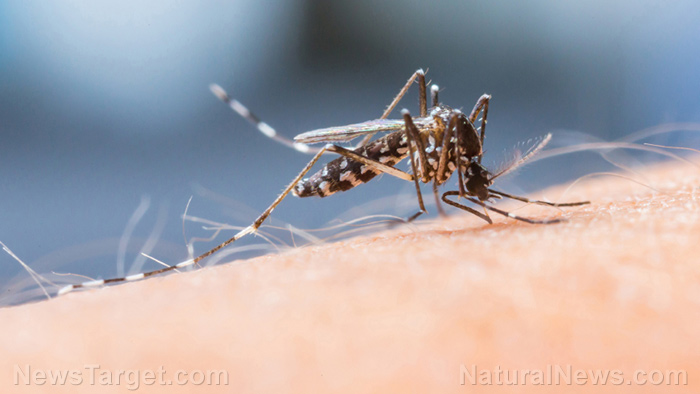
“I have given precise instructions to tackle speculation by those sectors of the economy that do not want to cooperate with the country,” Maduro said Thursday. He noted that all government mechanisms related to the regulation and monitoring of the production, costs and prices of basic goods are now activated.
“Private economic actors need to get serious because they are dealing with revolutionaries,” Maduro stated in his address, adding that the Venezuelan government is “ready” to make decisions and find solutions.
Hyperinflation led to price controls
The decision to enact price controls stem from the country’s worsening inflation rate. According to the central bank, Venezuela’s inflation rate was pegged at 124 percent in the first three months of 2020. This has since been worsened by the pandemic.
To add to this, the acute fuel shortage plaguing the South American nation has complicated the transport of goods. This, in turn has fed the unprecedented rise in consumer prices.
Maduro’s move marked the return of strict state economic controls. This follows more than a year of their relaxation in the face of sanctions enforced by the U.S. government. (Related: First Venezuela, now Argentina on the verge of financial catastrophe)
As per the government’s directive, prices for beef, pork, chicken, eggs, fresh milk, powdered milk, dry pasta, corn flour, wheat flour, sugar, table salt, canned tuna and sardines, as well as butter and cooking oil, among others, will be under strict government observation.
Eneida Laya Lugo, Venezuela's Minister of Commerce, first posted the full list on Twitter, listing the prices in both bolivares and Petros -- a cryptocurrency managed by the Venezuelan government.
The prices, however, have since come under scrutiny, as these were allegedly higher than the minimum wage currently mandated by the government.
Eggs, for example, were priced at 596,197 bolivares or roughly two U.S. dollars upon conversion. The current minimum wage in Venezuela is 400,000 bolivares.
Taking over private companies
Vice President Delcy Rodriguez said the government is also in the process of assuming supervision of Empresas Polar, Venezuela's largest privately held company, as well as Plumrose Latinoamerica, a well-known processed meat producer.
“These companies were becoming speculative reference markers that were affecting the people,” Rodriguez said in a separate televised news conference aired Friday. “We must ensure that the agreed prices are maintained and respected.”
Empresas Polar Chief Executive Officer Lorenzo Mendoza has since decried the measure, dubbing it “arbitrary.”
Mendoza, in a statement, called on the Venezuelan government to walk back on its move targeting Alimentos Polar -- Empresas Polar's food production division -- which manufactures many of Venezuela’s staple food items such as corn flour dough.
According to Mendoza, Maduro’s new measures will hurt the company’s ability to supply food across the country.
“Despite the economic situation we face, plus the problems of supply of fuel and electricity, among others, we continue to produce and distribute quality food at prices adjusted to economic reality and in compliance with Venezuelan laws,” Mendoza said in his statement.
Venezuela’s price controls were first enacted during the early 2000s by then-President Hugo Chavez in a bid to contain inflation. Back then, this led to devastating shortages throughout the nation.
As of this writing, Johns Hopkin University's tally reports that Venezuela has 379 infections and 10 deaths from the coronavirus. Health experts, however, fear the actual number could be much higher.
Sources include:
Please contact us for more information.























